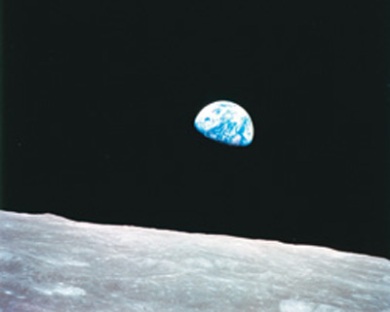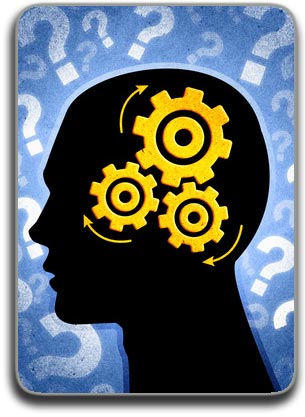Not long ago I wanted to share all my impressions and findings with the world. After all, knowledge is useless if not shared.
As time passed by, I started to realise that it was a terrible waste of time. No one really cares what you have to say. Seems obvious now, but because I do care about sharing valuable ideas and knowledge, regardless of the person who expresses them, I just assumed others will do too. I know many individuals will argue that they do, but who they choose to listen to is often guided by their own self-esteem. They wouldn’t listen to a beggar in the street, but they would to a famous business man. Even though the beggar may be more honest in his life lessons than the business man who often spins a nice semi-fake story. Without a strong social position, your ideas are nothing.
So I will not be writing much from here on.
But I would like to share one last thing: the fundamentals of my logic and actions which give meaning to my existence.
I know my life, just like everyone else’s, is a bleep in the never ending darkness of space and time, a spark preceded and followed by infinity. And in the face of infinity, almost everything is meaningless: our homes, our cars, our fame, our lives, hopes and dreams.
Yet we give so much value to these small things in so far that people sell their organs for a new phone. It’s funny how, once we go beyond basic necessities, once we free ourselves from our struggle to survive, we find ourselves empty and aimless. For a time religion filled in this emptiness. But with religion withering away, our egos stepped in and set value to all these materialistic things in an attempt to give meaning to an otherwise meaningless life. We chase nothing but phantasms of our own mind.
Yet, as I wrote earlier, there is a dim, almost impossible hope that in the face of infinity, we may still find meaning to our existence. That’s because as individuals we may fade away and die, but as a collective we endure. Just pick up a book by Plato and read some passage, as you do his thoughts echo in your mind across millennia. “Speak my name and I will live.” as an ancient Egyptian papyrus wrote.
Our collective knowledge, spirit, ideas and desire transcend the barriers of space and time and through it, our small, insignificant lives suddenly gain some meaning. We as individuals may die, but our thoughts and our genes live on in our collective consciousness. One can only hope that one day our distant offerings will reach the end of the universe and beyond and through them, we will too.
It is said we come with nothing in this world and leave with nothing, but in between we shape it and are shaped by it. If there is any chance for our lives to have any meaning, however insignificant, we should make sure that those who follow us can pursue their path towards a bigger and brighter future. Our kindness will inspire them, our harshness will make them stronger, our greed and selfishness will chain them to the ground.
I choose to work towards that future and from that follow all my actions and attitudes.
I hope one day I will not be alone on this. That others would have figured it out and together we will all go to the end of the universe.



